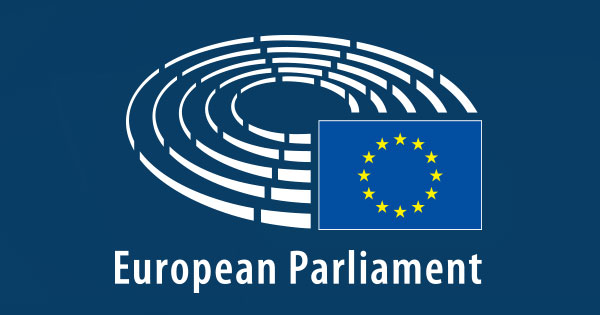On Thursday, MEPs in the Civil Liberties Committee adopted a draft negotiating mandate on violating and circumventing EU sanctions by 36 votes in favour, 2 against and 2 abstentions. It would introduce a common definition of violations and minimum penalties to ensure that they are punished as criminal offences everywhere in the EU.
EU sanctions can consist of freezing funds and assets, travel bans, arms embargoes and restrictions on business sectors, among other things. According to the proposed law, violations would include not freezing funds or not respecting travel bans as required by sanctions, or doing business with state-owned entities of countries subject to sanctions.
Circumventing sanctions would also be punishable and would include practises such as concealing or transferring funds that should be frozen, hiding the true ownership of property, and not reporting sufficient information. MEPs voted to flesh out the list of activities that count as circumvention.
Dissuasive punishments for violations
According to the proposal, violating and circumventing the sanctions should be punishable criminal offences carrying prison sentences of a maximum of five years and fines of up to ten million euro. When companies violate or circumvent sanctions, they should be excluded from public tenders. In the adopted text, MEPs set the maximum fine that companies would pay to 15% of overall annual turnover and added new aggravating circumstances, for example war crimes and obstructing investigations, that lead to higher penalties. They also seek to ensure that the law would not apply to humanitarian aid and support.
Quote
After the vote, rapporteur Sophie In ’t Veld (Renew, the Netherlands) said: “Sanctions only have an impact when they are enforced strictly and evenly across the entire European Union. So many rich Russians are able to continue living their luxury lifestyle and companies are making enormous profits, by violating and circumventing the sanctions. This impunity has to stop now. During the negotiations, Parliament will aim to harmonise rules as much as possible, to prevent forum shopping by sanction offenders. We are counting on Council to have the same level of ambition.”
Next steps
MEPs also authorised the opening of inter-institutional negotiations with EU governments with 36 votes in favour, 2 against and 2 abstentions. Once approved by the whole Parliament, it will become the MEPs’ position for the talks on the final shape of the legislation.
Background
The EU has adopted more than 40 sanctions regimes against third parties as part of its Common Foreign and Security Policy, most recently against Russia following its invasion of Ukraine. However, the Commission estimates that inconsistent enforcement of EU sanctions has undermined their efficacy.
To lay the groundwork for criminalising EU sanctions violations in a uniform way, the Parliament agreed in July 2022 to add sanctions violations to a list of “particularly serious crimes with a cross-border dimension”, for which the EU can adopt minimum rules. The Council adopted this decision in November 2022, and the Commission put forward the proposal for harmonisation in December 2022.

































Discussion about this post